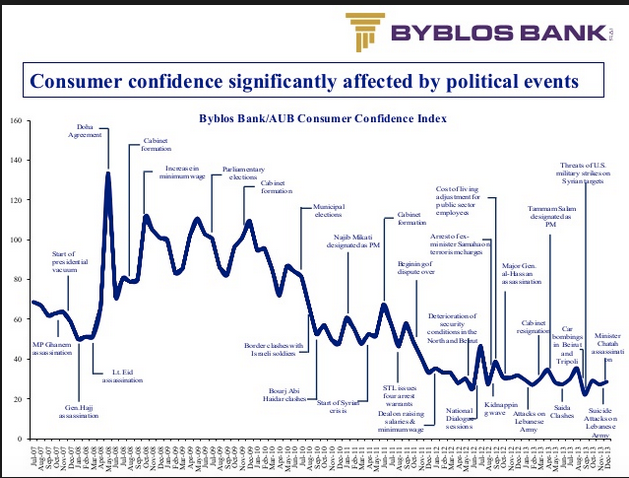For the past few months, economists who track short-term developments have been noting a peculiar divergence between “soft” and “hard” data. Soft data are things like surveys of consumer and business confidence; hard data are things like actual retail sales. Normally these data tell similar stories (which is why the soft data are useful as a sort of early warning system for the coming hard data). Since the 2016 election, however, the two kinds of data have diverged, with reported confidence surging — and, yes, a bump in stocks — but no real sign of a pickup in economic activity.
The funny thing about that confidence surge, however, was that it was very much along partisan lines — a sharp decline among Democrats, but a huge rise among Republicans. This raises the obvious question: Were those reporting a huge increase in optimism really feeling that much better about their economic prospects, or were they simply using the survey as an opportunity to affirm the rightness of their vote?
Well, if consumers really are feeling super-confident, they’re not acting on those feelings. The first-quarter G.D.P. report, showing growth slowing to a crawl, wasn’t as bad as it looks: Technical issues involving inventories and seasonal adjustment (you don’t want to know) mean that underlying growth was probably O.K., though not great. But consumer spending was definitely sluggish.




